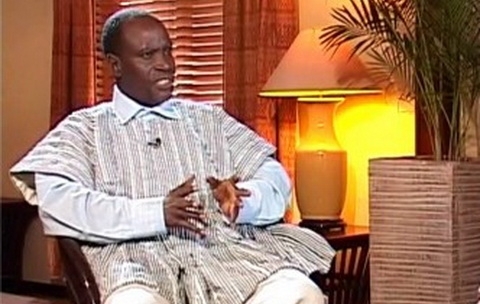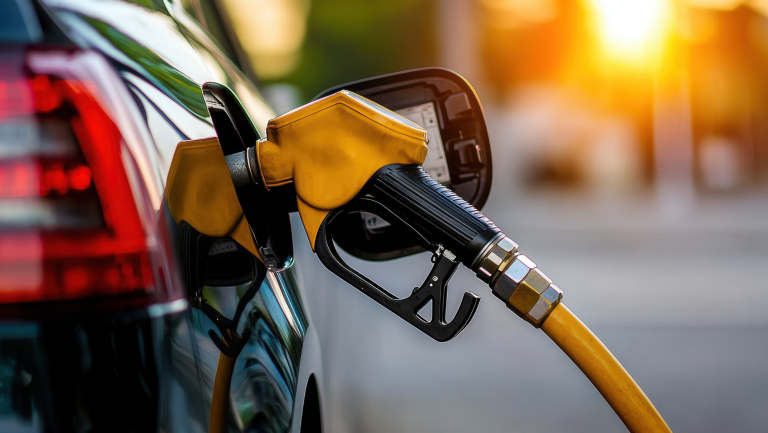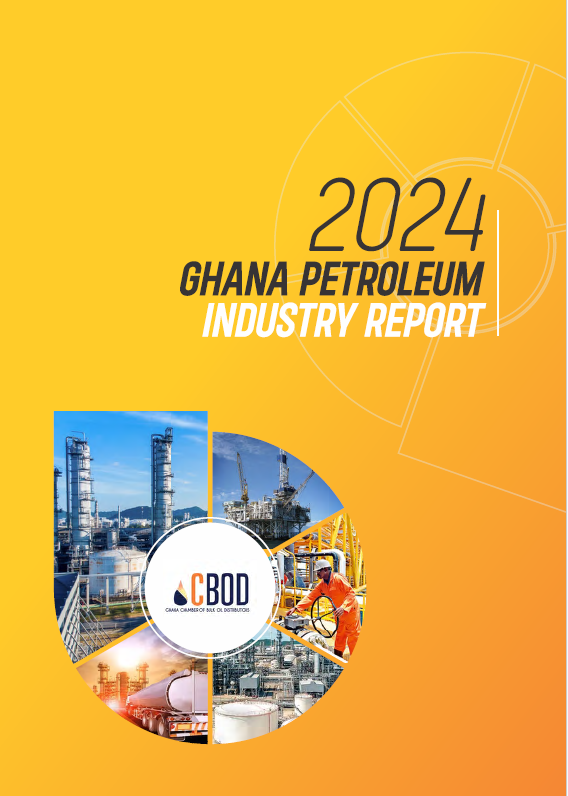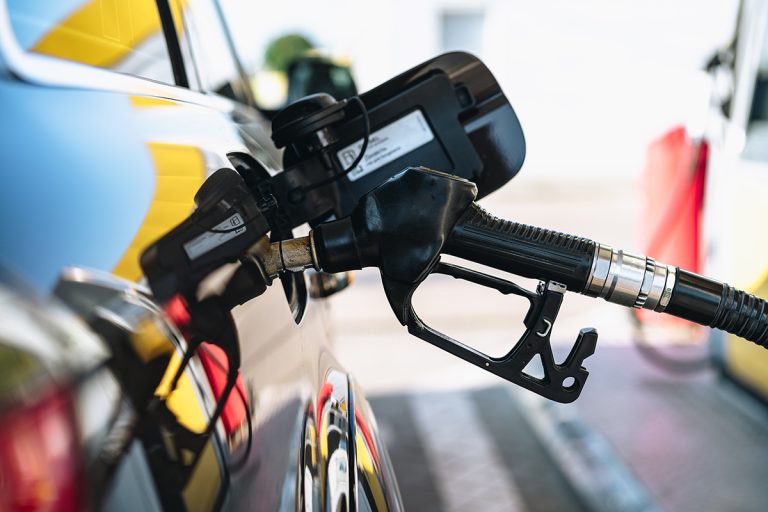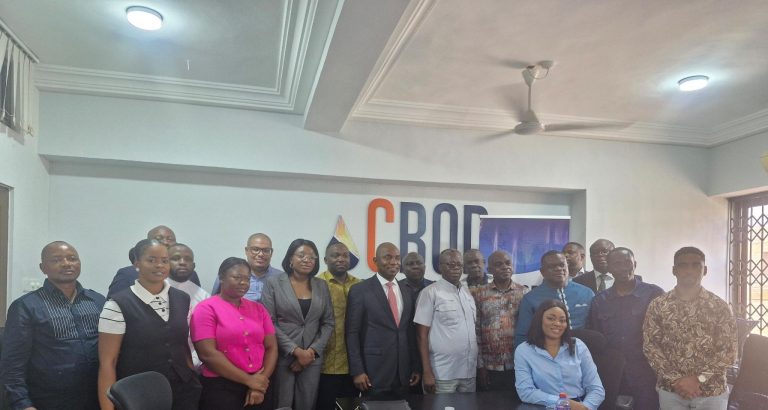In what appears to be a case of blame game occasioned by the public outcry over the latest ‘killer’ taxes on fuel prices, the Chief Executive of the National Petroleum Authority (NPA), Moses Asaga, says Parliament should rather be blamed for what he calls their failure to properly scrutinize the new fuel taxes resulting in the 27% increase in ex-pump prices.
This comes on the back of the legislature’s resolve to drag Finance Minister, Seth Terkper and the NPA boss before it, for providing what it describes as misleading information provided them for the passage of the controversial energy sector levy.
Fuel prices at the pumps had gone up by between 22 percent and 27 percent following the passage of the Energy Sector Levy (ESL) by Parliament in December 2015.
The price of LPG also went up by about 18 percent. A report by the Parliamentary Select Committee on Finance however revealed that Parliament approved a 5.18 percent increase for the price of petrol, 2.90 percent for Gas Oil and 1.74 percent for LPG.
The information was captured in the report by the Committee on the Energy Sector Levies Bill 2015. Revealing this to Citi News, Chairman of the Finance Committee of Parliament James Avedzi whose Committee report preceded the passage of the levy says his committee had been misled.
He maintained that the Committee only presented its report to the House after it was convinced that the fuel prices will not go beyond five per cent.
But in an interview with Citi News, the NPA Boss insisted that the report it sent to Parliament through the petroleum and finance ministries, quoted between 20 and 30 percent as the impact of the new taxes on the ex-pump prices.
“I am saying that the increase in the ex-pump price estimation is between a range of 20 to 30%. Parliament is just trying to excuse themselves from an obvious job that they did by approving the new levy which is justifiable by government. If they think that on hindsight they cannot be firm because of the public wrath, they should come out and tell Ghanaians that look…when we were approving it we thought it was suitable, but now that you the public are not happy, we can go back to government and talk to them to see how we can address the issue. But to come out and mislead Ghanaians that they thought it was 5% is disappointing.”
–
Source: citifmonline.com/Ghana

